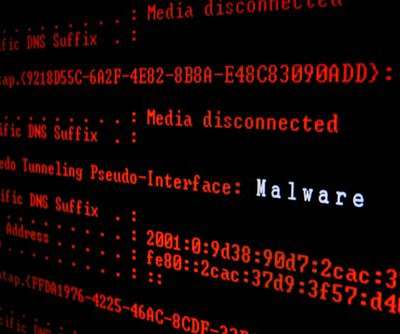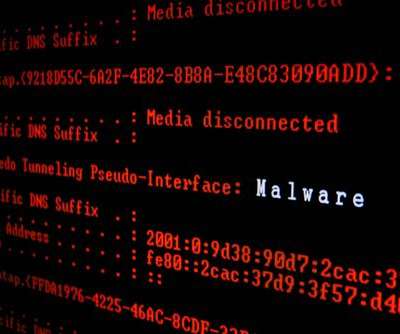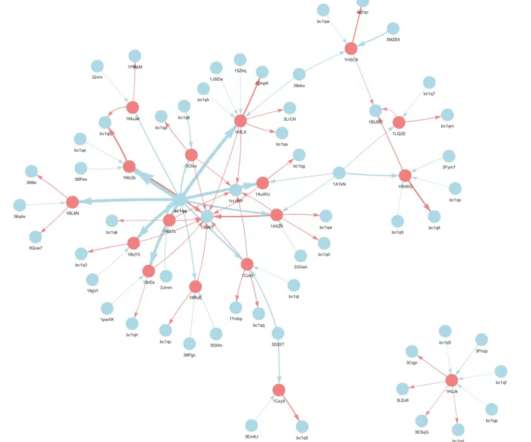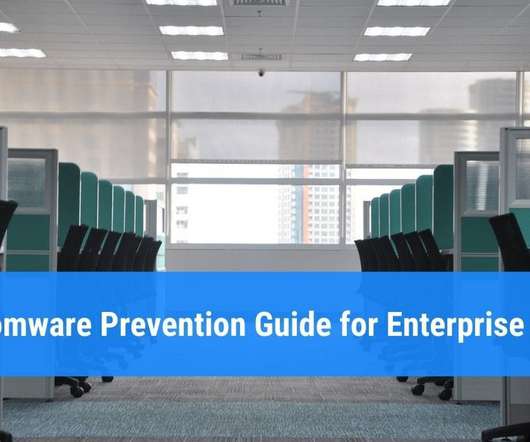Convicted: He Helped Cybercriminals Evade Antivirus
SecureWorld News
JUNE 16, 2021
When it comes to hacking and cybercrime, sometimes all the focus is on the one who launches the attack. DOJ prosecutors say Oleg Koshkin, a 41-year-old Russian national, operated a crypting service used to conceal Kelihos malware from antivirus software. One of those threat actors was just convicted in a United States courtroom.























Let's personalize your content